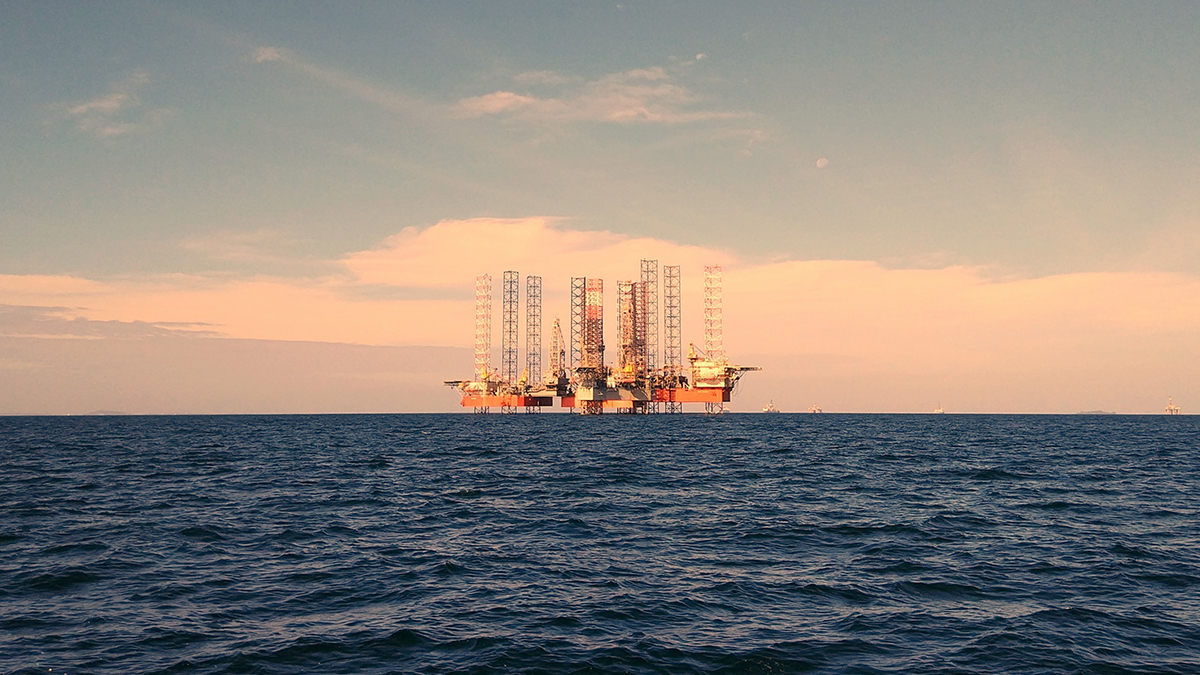feature
Making Sense of the Deepwater Oil Spill Disaster
The Science Teacher—Fall 2023 (Volume 90, Issue 7)
By Joy Barnes-Johnson and Mridula Bajaj

Authenticity in learning is becoming increasingly important as today’s students are not “buying into” school just because it’s there! Today’s high school students have learned firsthand (thanks to the COVID-19 pandemic) that science is not static and knowledge is not reserved in a single place or preserved by a single group of people. Students have survived and observed how uncertainty works and understand that truly scientific methodologies are data-informed, not data-driven. They understand that most trustworthy scientists acknowledge these constraints. Data help paint a picture of problems that are emergent and must be revisited over time. Tragic moments in human history are perfect contexts for sensemaking in the classroom. Thinking about the difference between events that are human-made, natural, or some combination of both allows us to think more deeply about how and why designed solutions are necessary. Authentic learning can be achieved best through problem-based learning. Presenting students with a problem-based task at the beginning of a unit of study builds a felt-need in students to learn the desired curriculum content. In our experience, teachers have offered students culminating projects to complete after they’ve taught specific content. Instead, we propose a need to present students with well-constructed problem-based tasks up front. Using oil spills as a scenario and defining context for problem-based tasks and inquiry, we developed focal questions that allowed students to expand their thinking about chemistry, Earth resources, and historical contexts that tie science standards (HS-PS1-4; HS-PS3-2; HS-ESS3-1, HS-ESS3-2; HS-ETS1-1; HS-ETS1-3) to other content areas.
Climate Science Earth & Space Science Environmental Science News Pedagogy High School


